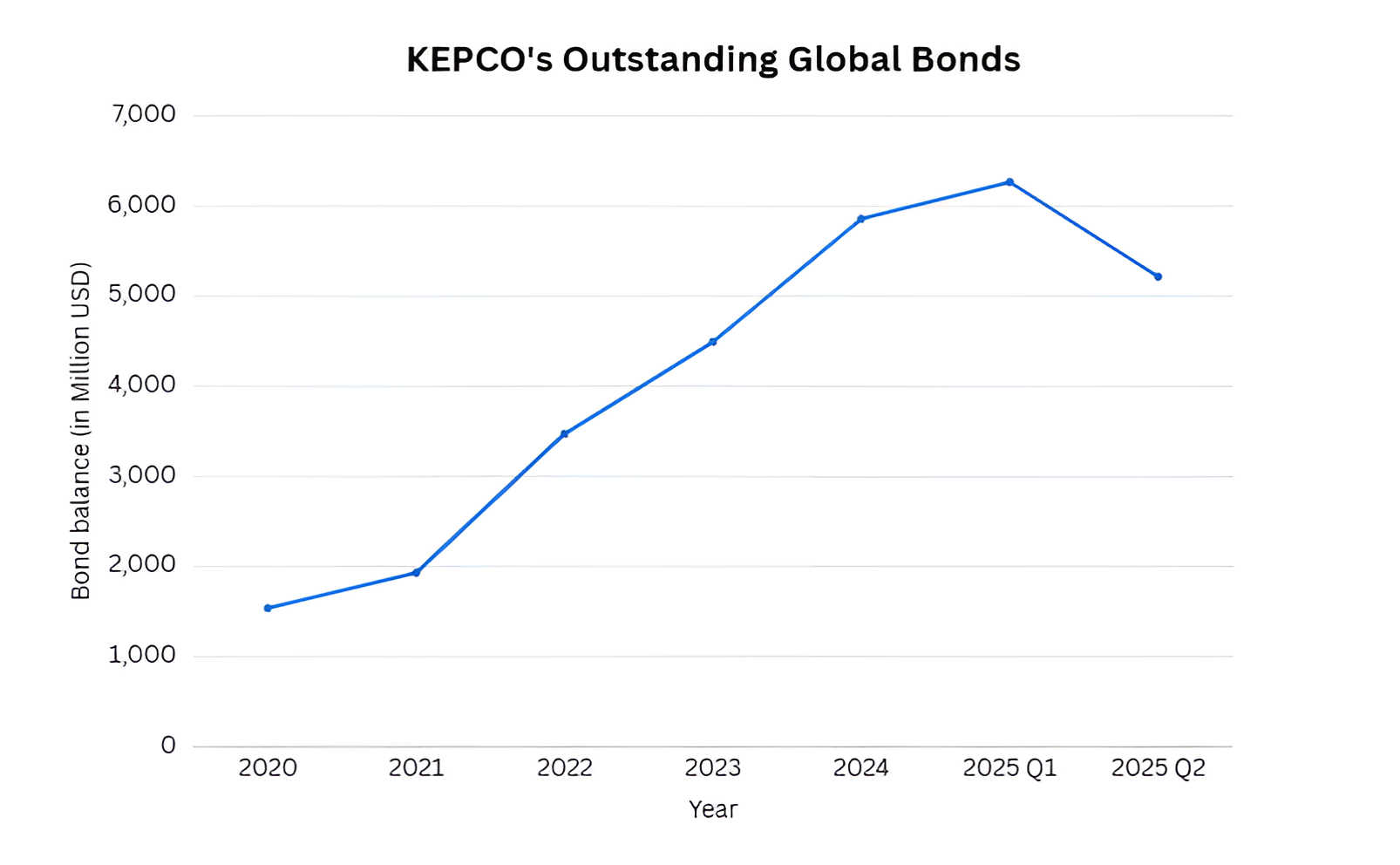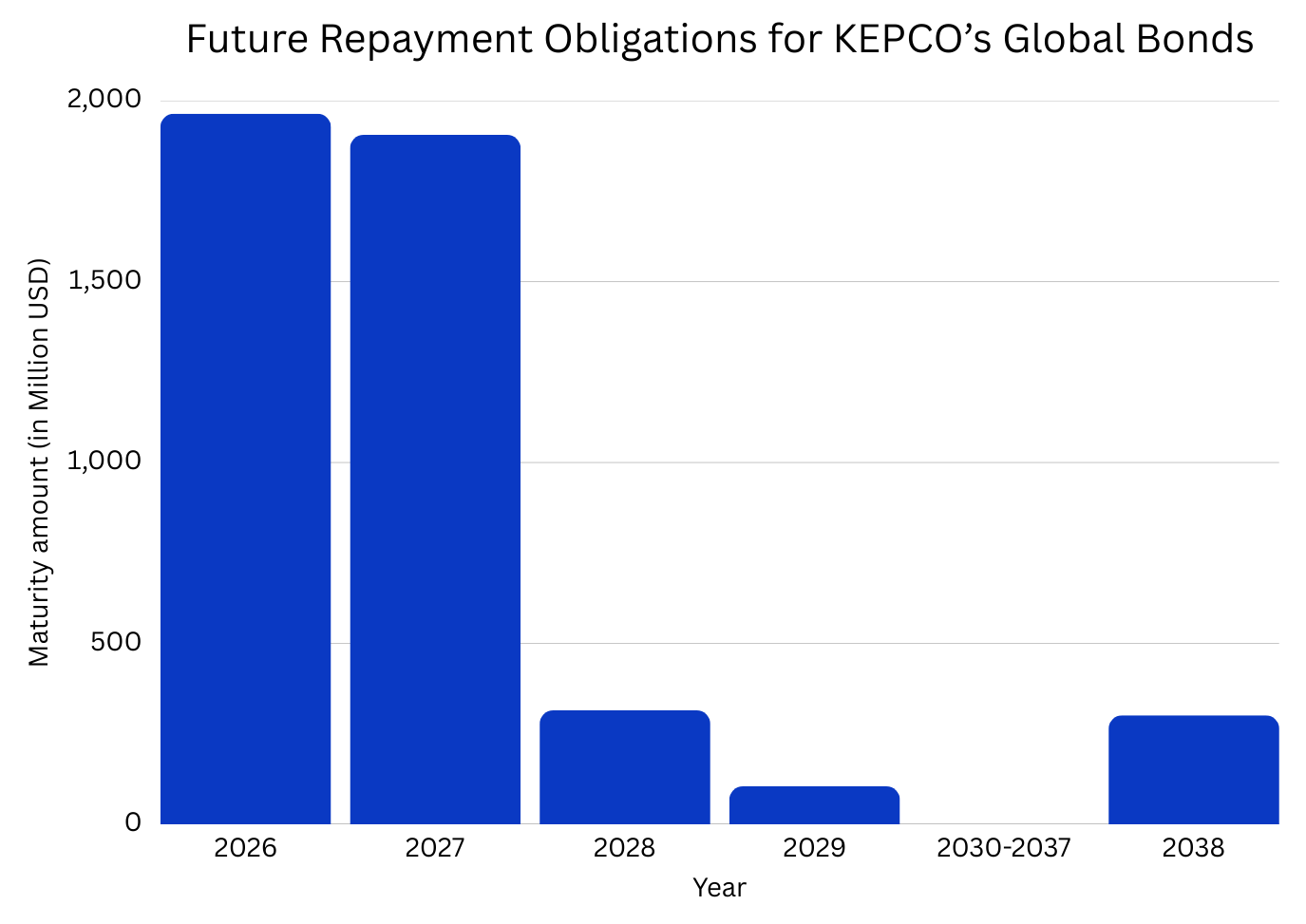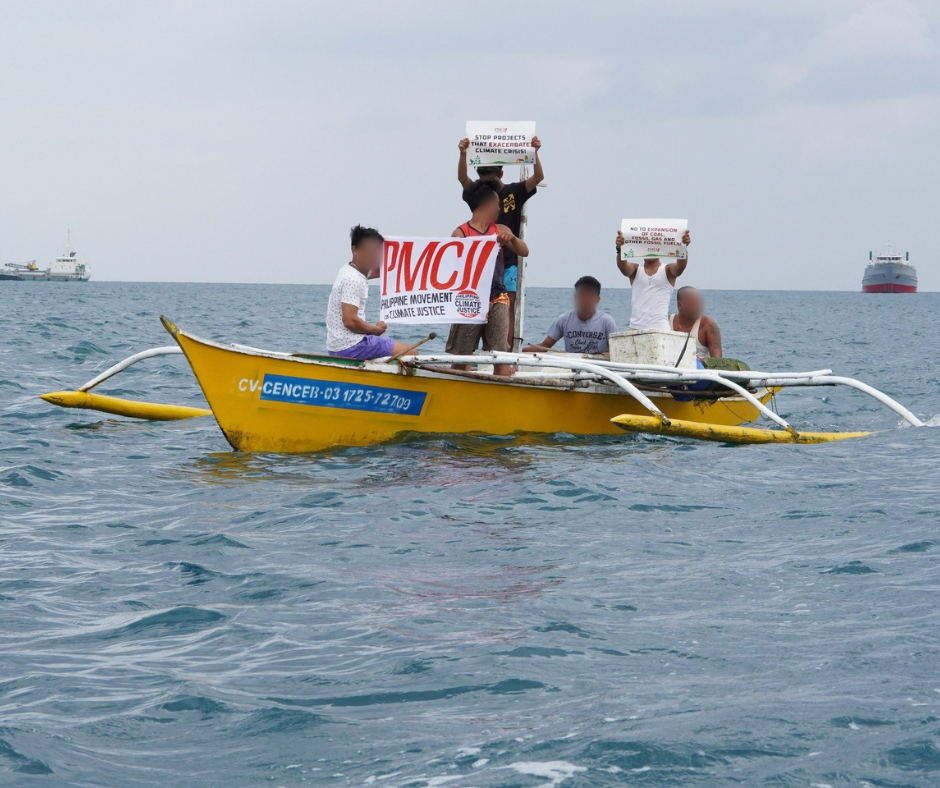
In Naga City, Cebu Province, Philippines, communities living near a coal-fired power plant operated by Korea Electric Power Corporation (KEPCO) are facing its direct consequences: environmental degradation, pollution and livelihood insecurity. Despite local communities expressing concerns about the plant's environmental and health impacts, nothing has changed, and the damage continues. While coal burns in Naga, its destructive consequences are made possible by global financial institutions that continue to back KEPCO, Korea’s largest electricity utility - turning a blind eye to the plant’s deepening social and ecological costs.
However, in June, KEPCO did not move to reissue its maturing USD bond – a notable shift for a company that has routinely returned to the global markets for refinancing. While this may signal growing pressure or even a win for communities resisting coal, it also raises important questions: Is KEPCO strategically delaying its return, or is it facing increasing difficulty securing international finance? Its global bond, issued in February 2025, was backed by major institutions like JPMorgan, Bank of America, HSBC, and Citibank.
The current pause could suggest hesitation among financiers—or it may simply be temporary. Either way, it prompts scrutiny: are global banks finally rethinking their support for a utility deeply tied to fossil fuel harm?
No new bond issuance – shift or delay?
Despite slight improvements over the last year, KEPCO remains under serious financial strain with a debt-to-equity ratio of 479.69% (as of March 2025). The Korean government has urged the utility to take stronger cost-cutting measures and ‘rigorously implement self-rescue efforts,’ underscoring the unsustainability of its fossil fuel-dependent business model. In this context, it would be expected that KEPCO pursues another bond issuance to help keep up its cash flow. Yet, there has been no such push. This pause piques interest because it follows a wave of pressure by civil society organizations, targeting KEPCO’s global financial backers and urging them to refrain from supporting one of the world’s most coal-dependent utilities.

Since 2020, KEPCO has sharply increased its use of bond financing, with overseas bonds becoming a more prominent part of its debt portfolio.
This year alone, over 20 civil society organizations signed a joint letter calling on KEPCO’s underwriters and major investors to stop financing KEPCO. This was further backed by research showing how KEPCO’s bond financing could undermine these financiers’ own climate commitments. A litigation filed with the Singapore Stock Exchange further highlighted the lack of climate-related risk disclosure in KEPCO’s latest global bond issuance, while a petition, signed by over 43,000 supporters, emphasized reputational risk. This growing pressure may be working. Financiers could be rethinking their support, and KEPCO’s absence from the bond market could be an early sign of that shift.
The pressure needs to continue – Financiers will have a choice
Nevertheless, this pause does not mean that KEPCO won’t make any new attempts to raise overseas funds. KEPCO still needs capital - and with already tightened financial conditions in the domestic market, including government-imposed limits on its domestic bond issuance, it is likely that the electricity utility will return to the global bond market in the future. In this scenario, global financiers will have to make a choice: continue enabling cross-border harm or uphold their climate and human rights commitments.

KEPCO's future repayment obligations on its global bonds, 2026-2038.
The impact of the KEPCO coal-fired power plant in Naga City is just one example of KEPCO’s international footprint and the harm it causes. Communities are facing the impacts daily. Since the plant’s construction, residents have reported declining fish catch, deteriorating health, and severe environmental degradation. “There aren’t many choices left for people in Naga,” said Estela Vasquez of the Philippine Movement for Climate Justice (PMCJ), a Filipino CSO coalition. “Surrounded by polluting industrial structures, their lives have been upended.” These lived experiences underscore the fact that KEPCO’s fossil fuel investments are not just a domestic issue but a global one – and so is the financing which enables the utility to stick to its coal-reliant business model.

Members of the local community in Naga City, Cebu, near the KEPCO SPC coal power plant. Photo courtesy of the Philippine Movement for Climate Justice.
A pause in global bond issuance activities doesn’t equal change - KEPCO continues to operate its coal power plants in Korea and beyond - but it marks progress and possibility. It offers financial institutions an opportunity to move beyond sustainability rhetoric towards true commitment by refusing support to companies like KEPCO that profit from pollution and human harm.
Accountability, too, crosses borders
As long as KEPCO continues to rely on fossil fuels and inflict harm overseas, global financiers have a responsibility to stop enabling the damage caused by the electricity utility. Standing by climate goals means standing with the people affected by fossil fuel development — from Seoul to Cebu. The next time KEPCO comes to the market, financiers must respond not with capital, but with demands for accountability. The ball is now in their court – and the time to act responsibly is now.







